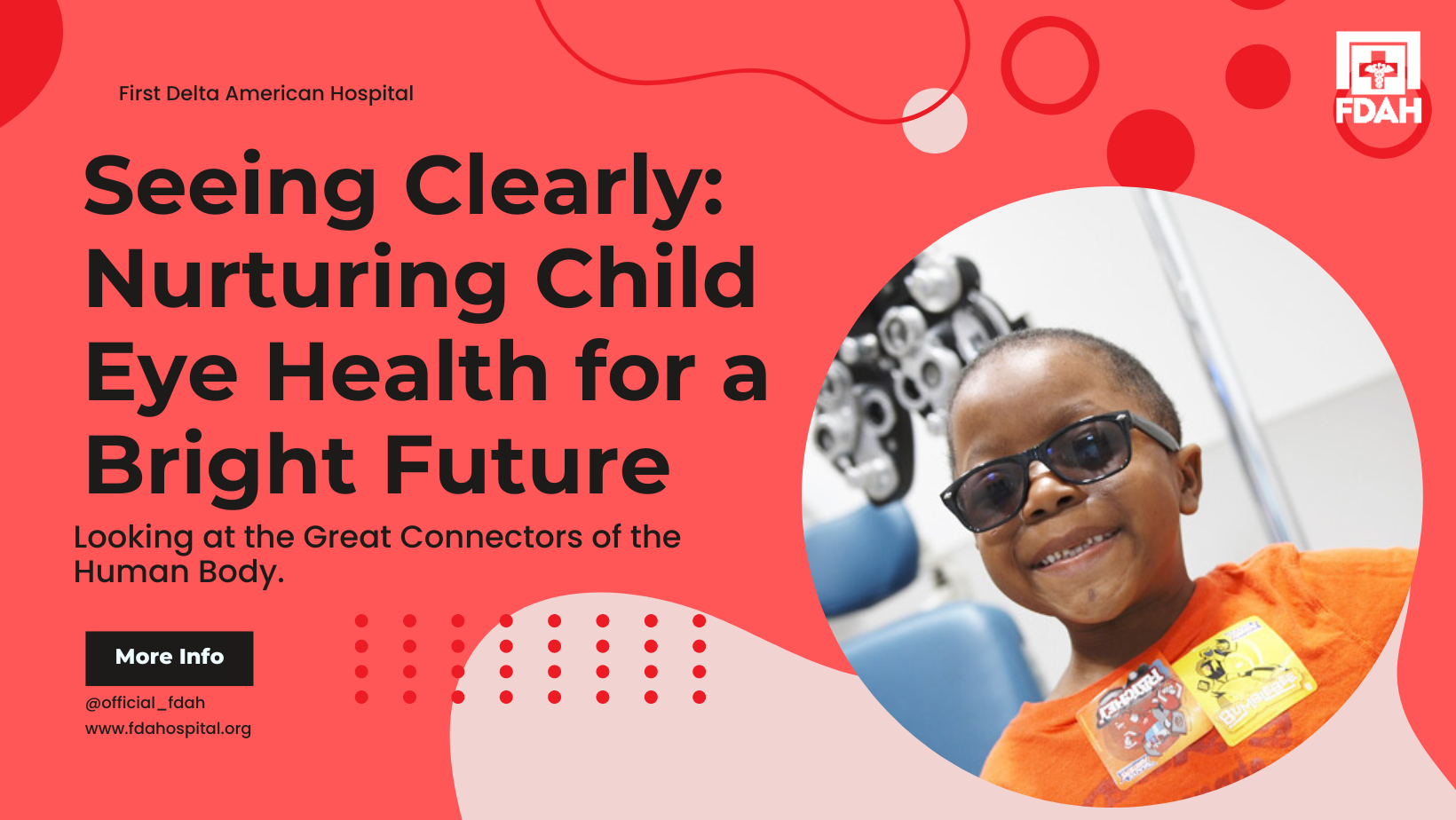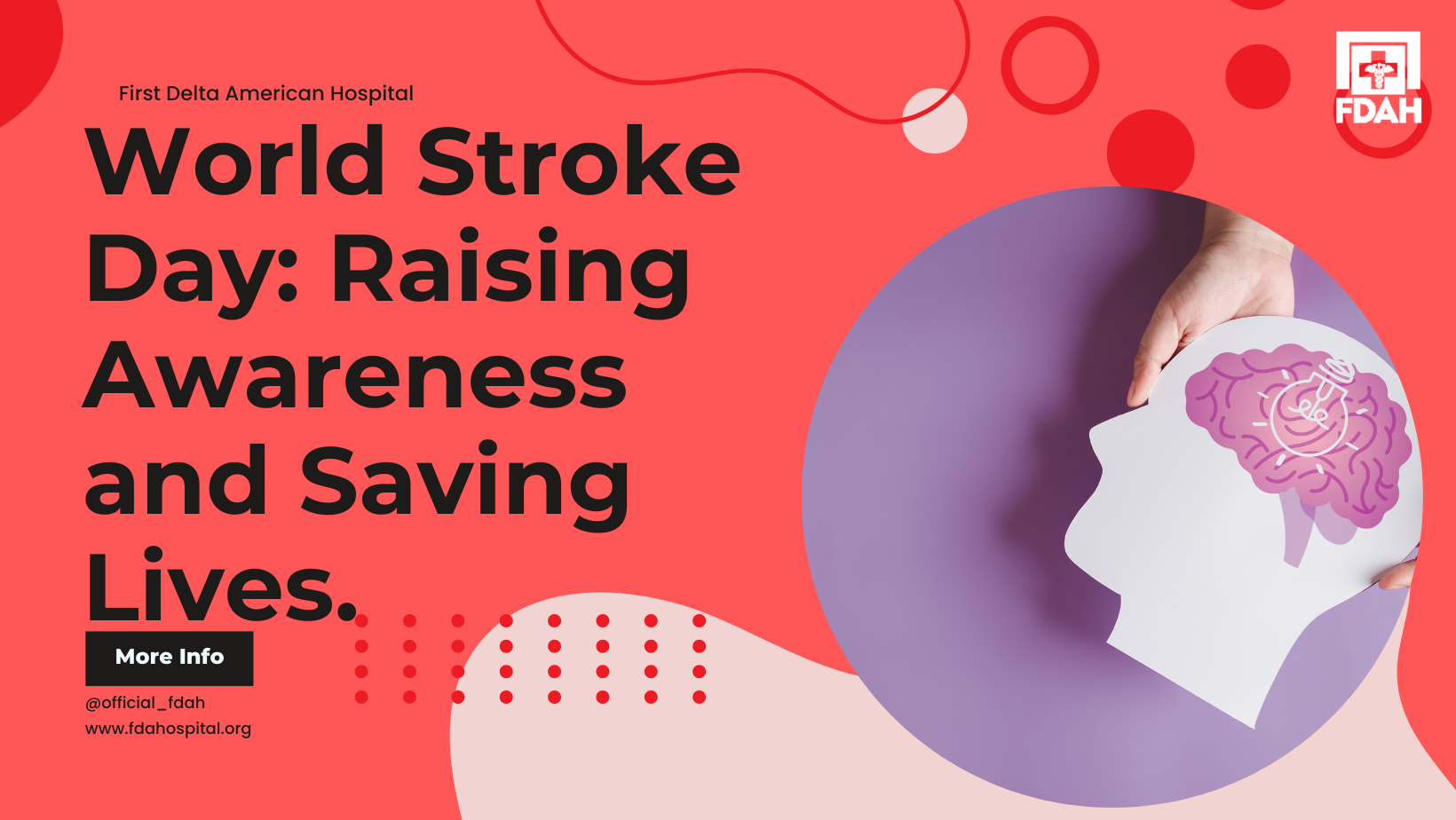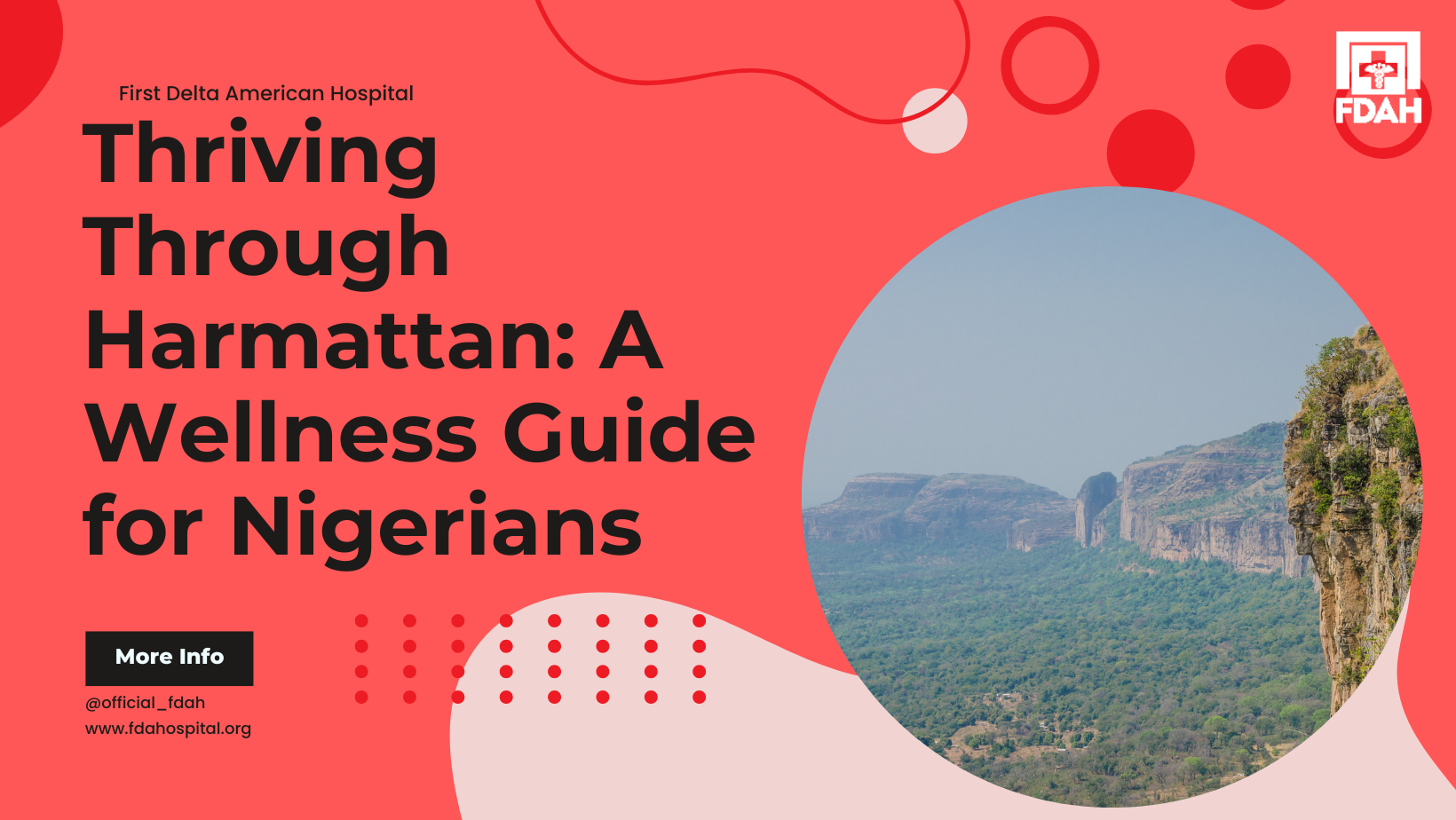Every September, the world comes together to observe World Alzheimer’s Month—a global campaign dedicated to raising awareness about Alzheimer’s disease and other forms of dementia. This month-long initiative encourages us to understand the impact of Alzheimer’s, support those affected, and push for more research into this devastating condition.
Alzheimer’s disease is a progressive neurodegenerative disorder that primarily affects memory, thinking, and behavior. It’s the most common cause of dementia and currently has no cure. With more than 55 million people worldwide living with dementia, and numbers expected to rise, the urgency for advancing research is more critical than ever.

In this article, we will explore the significance of World Alzheimer’s Month, the importance of research into Alzheimer’s disease, and the steps we can take to help fight this condition.
Understanding Alzheimer’s Disease
Before diving into the significance of World Alzheimer’s Month, let’s first understand the nature of Alzheimer’s disease.
Alzheimer’s is a chronic condition that primarily affects older adults, although early-onset Alzheimer’s can occur in people under 65. The disease gradually destroys brain cells, leading to a decline in cognitive abilities such as memory, reasoning, and communication skills. The most common early symptom is difficulty remembering recent events, often referred to as short-term memory loss.
As the disease progresses, individuals may experience:
- Disorientation: Forgetting where they are or what time it is.
- Mood and personality changes: Becoming more confused, anxious, or aggressive.
- Difficulty in completing daily tasks: Simple tasks like dressing, cooking, or even recognizing loved ones become increasingly difficult.
- Physical decline: Loss of mobility, coordination, and balance in the later stages of the disease.
Alzheimer’s eventually leads to the inability to perform basic bodily functions, such as swallowing or walking. This is why it is considered a terminal illness.
The Importance of World Alzheimer’s Month
Since its inception in 2012, World Alzheimer’s Month has been instrumental in driving conversations about dementia, combating stigma, and highlighting the importance of early diagnosis and intervention. The theme for 2023 is “Never too early, never too late”, emphasizing the importance of timely diagnosis and the role lifestyle choices can play in reducing risk factors.
Here’s why World Alzheimer’s Month is crucial:
- Raising Awareness: Alzheimer’s disease and other dementias are often misunderstood, and in some parts of the world, they are seen as a natural part of aging rather than a disease. World Alzheimer’s Month helps to educate people about the difference between normal aging and the signs of Alzheimer’s.
- Combating Stigma: Individuals with Alzheimer’s and their families often face social stigma, isolation, and discrimination. By increasing awareness, we can reduce the stigma surrounding the disease, encouraging more empathy and support for those affected.
- Encouraging Early Diagnosis: An early diagnosis of Alzheimer’s can make a significant difference in managing the disease. It allows individuals and their families to plan for the future, seek early treatments, and potentially slow the progression of the disease.
- Highlighting Research and Advocacy: World Alzheimer’s Month also emphasizes the need for continued research into treatments and potential cures. Advocacy during this month helps drive funding for Alzheimer’s research, which is critical for making breakthroughs in understanding the disease and developing new therapies.
The Growing Burden of Alzheimer’s Disease
Alzheimer’s disease poses a growing global health challenge, particularly as populations age. According to the World Health Organization (WHO), over 55 million people currently live with dementia, with Alzheimer’s disease accounting for 60-70% of cases. By 2050, this number is expected to triple, reaching over 150 million.
In addition to the emotional toll on families, Alzheimer’s places a heavy burden on healthcare systems and economies. The global cost of dementia is estimated at $1 trillion per year, and this figure is expected to double by 2030.
Countries around the world are struggling to keep up with the rising number of Alzheimer’s cases, especially in low- and middle-income nations where access to care and resources is limited. This is why it is essential to prioritize both research and care strategies globally.
The Importance of Research into Alzheimer’s
Research is the key to understanding Alzheimer’s disease and finding ways to treat, prevent, or even cure it. Currently, there is no cure for Alzheimer’s, and existing treatments only help manage symptoms rather than stop the disease from progressing.
Here’s why continued research is vital:
- Understanding the Causes: Alzheimer’s is a complex disease, and researchers are still trying to fully understand what causes it. Age is the biggest risk factor, but genetics, lifestyle, and environmental factors all play a role. Studies into the disease’s underlying biology are crucial for developing targeted therapies.
- One key area of research focuses on beta-amyloid plaques and tau tangles—abnormal buildups of proteins in the brain that are hallmarks of Alzheimer’s.
- Another area of interest is how inflammation and vascular health (blood flow in the brain) contribute to the disease.
- Developing New Treatments: The most pressing need in Alzheimer’s research is finding treatments that can alter the course of the disease. Current medications, such as cholinesterase inhibitors (like Donepezil) and NMDA antagonists (like Memantine), provide symptom relief but don’t halt disease progression.Researchers are working on developing disease-modifying therapies that target the underlying mechanisms of Alzheimer’s. These include:
- Drugs that reduce beta-amyloid plaques and tau tangles in the brain.
- Therapies that address inflammation and immune response in the brain.
- Treatments that improve vascular health and blood flow to the brain.
- Prevention Strategies: While a cure for Alzheimer’s may be years away, research into prevention is offering new hope. Scientists are investigating the potential of lifestyle interventions—such as diet, exercise, and cognitive training—to reduce the risk of developing Alzheimer’s. For example:
- Regular physical exercise has been shown to improve brain health and reduce the risk of cognitive decline.
- A healthy diet, such as the Mediterranean diet, which is rich in fruits, vegetables, and healthy fats, may also reduce Alzheimer’s risk.
- Cognitive training and social engagement can help keep the brain active and potentially delay the onset of symptoms.
- Understanding Genetics: Genetic research is shedding light on why some individuals are more prone to developing Alzheimer’s. Mutations in certain genes, such as the APOE ε4 gene, have been linked to an increased risk of Alzheimer’s. Understanding these genetic risk factors can help identify at-risk individuals and guide the development of personalized therapies.
- Improving Diagnostics: Early diagnosis is key to managing Alzheimer’s, but diagnosing the disease can be challenging, especially in its early stages. Researchers are working to develop new tools for early detection, including biomarkers (such as blood tests) and advanced brain imaging techniques. Early diagnosis not only improves patient care but also allows researchers to better study the disease’s progression.
How You Can Support Alzheimer’s Research and Awareness
There are several ways you can get involved and support Alzheimer’s research and awareness during World Alzheimer’s Month:
- Participate in Events: Many organizations host events such as memory walks, fundraisers, and educational seminars during World Alzheimer’s Month. Participating in these events raises awareness and generates funding for research and support services.
- Donate to Alzheimer’s Research: Research into Alzheimer’s disease is often underfunded, especially compared to other diseases like cancer or heart disease. By donating to reputable organizations focused on Alzheimer’s research, you can help accelerate the development of treatments and potential cures.
- Volunteer Your Time: Volunteering with Alzheimer’s organizations can make a significant impact. You can help support caregivers, raise awareness in your community, or assist in fundraising efforts.
- Share Information: Use your social media platforms to share information about Alzheimer’s disease, the importance of research, and the need for early diagnosis. The more people who understand the disease, the better equipped we are to combat it.
- Advocate for Policy Changes: Advocate for policies that support Alzheimer’s research and provide better care for individuals living with the disease. This can include lobbying for increased funding for research or improved access to care for Alzheimer’s patients and their families.
Conclusion: Hope for the Future
World Alzheimer’s Month serves as a powerful reminder of the importance of raising awareness and funding research into Alzheimer’s disease. As the global population ages, Alzheimer’s will continue to affect millions of families, making it more important than ever to find treatments, improve care, and ultimately discover a cure.
While much progress has been made, there is still a long way to go. With continued investment in research and advocacy, we can work towards a future where Alzheimer’s disease is no longer a feared diagnosis but a manageable condition—or even a thing of the past.
Let’s use World Alzheimer’s Month to reflect on the challenges, celebrate the strides in research, and renew our commitment to finding solutions for this devastating disease.




